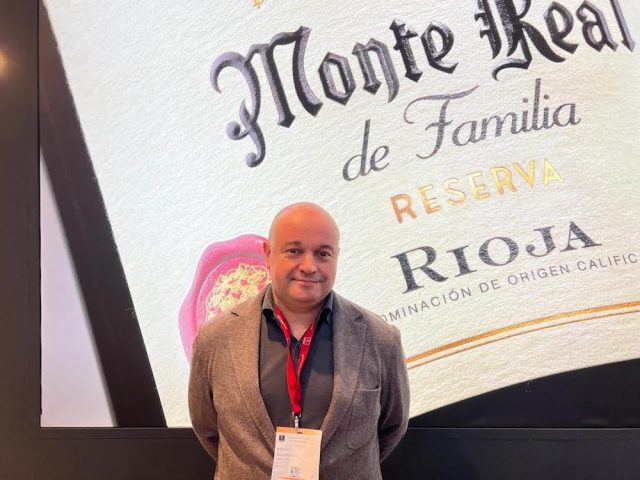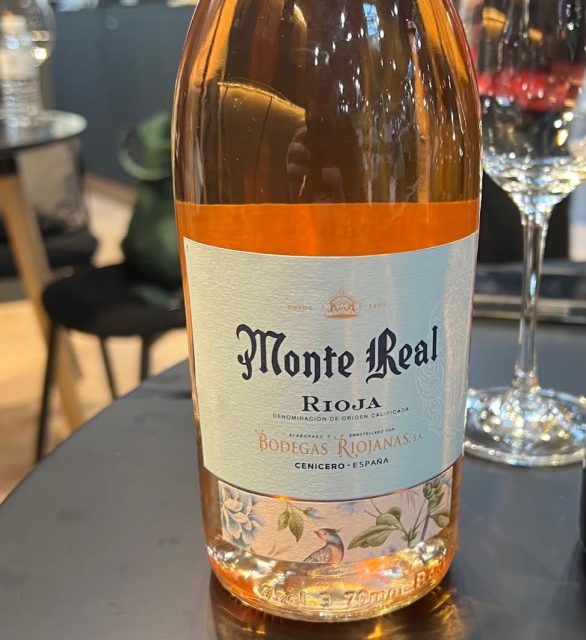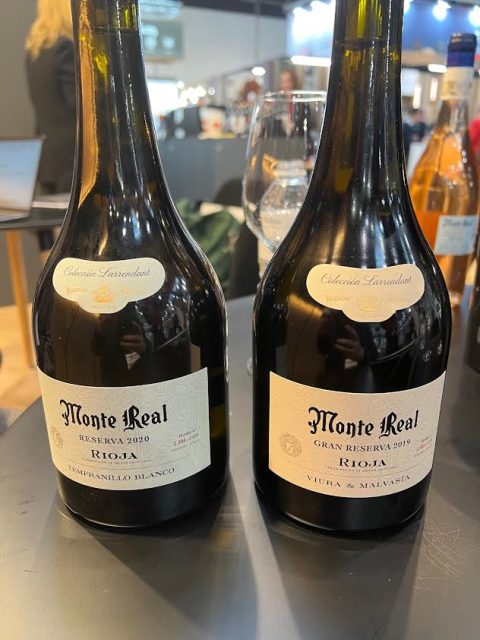News
Bodegas Riojanas Director General Talks Climate Change & Greenwashing at Prowein 2024
Eduardo Saínz Marotías emphasized that climate change stands as the greatest challenge for the industry.
In an interview with the Drinks Business at this year’s ProWein, Eduardo Saínz Marotías noted that recent shifts in weather patterns and rising temperatures have significantly affected harvest times. To address this issue, Rioja is taking proactive steps by transitioning to higher-altitude plots and cooler vineyards. Additionally, it is exploring grape varieties better suited to the evolving climate.

“We are exploring opportunities to plant in villages at higher altitudes to mitigate the current challenges,” Saínz Marotías explained, stressing the constant demand for adaptation.
Recognizing the urgency of climate change, Bodegas Riojanas has already obtained sustainable certification through the Wineries for Climate Protection program. Saínz Marotías detailed how they achieved this recognition in November 2022, earning the Sustainable Wineries for Climate Protection (SWFCP) seal. This seal aligns with the UN’s Sustainable Development Goals, encompassing social, economic, governance, and environmental sustainability criteria.
One notable sustainability initiative undertaken by the producer is Sostevin, aimed at mitigating climate change effects in vineyards and wines. This includes installing solar panels, enabling the self-supply of 45% of total energy consumption in Cenicero throughout the year. Moreover, the winery has incorporated sustainability and parcel quality indices into grape payment invoices, incentivizing growers to adopt sustainable practices.
Saínz Marotías emphasized the importance of transparent communication about the producer’s sustainability efforts to build consumer trust and dispel any notion of greenwashing.
“It’s crucial to communicate truthfully through social media and various channels. Transparency is key in meeting consumer demands,” he stressed.
Established in 1890, with a family legacy dating back to 1799, Bodegas Riojanas predates the Rioja denomination’s establishment. Their Rioja labels, including Viña Albina and Monte Real, boast decades of heritage. Outside Rioja, the company manages four complementary estates, further diversifying its portfolio.
With over 300 hectares of vineyards predominantly in Cenicero, San Vicente de la Sonsierra, and neighboring areas, Bodegas Riojanas cultivates Tempranillo, Mazuelo, and Graciano grapes on clay-limestone soils of Miocene origin.
In terms of new releases, the brand is introducing its first rosé under the Monte Real label, along with aged Rioja white wines and a Reserva 2020 this month. Saínz Marotías expressed confidence that the freshness of the rosé would complement the existing wine collection.


Regarding market trends, Saínz Marotías acknowledged the evolving preferences of Generation Z and younger consumers. He highlighted the importance of balancing tradition with innovation, stressing the need for pioneering initiatives to adapt to changing consumer preferences.
“While low-alcohol wines aren’t permitted under the Rioja DO, we are monitoring market trends and demand closely,” he noted, reflecting the company’s commitment to staying responsive to consumer needs.
Thanks to The Drink Business for featuring this important conversation on wine sustainability.
Click here for education materials on Rioja.
Images Courtesy of The Drinks Business
